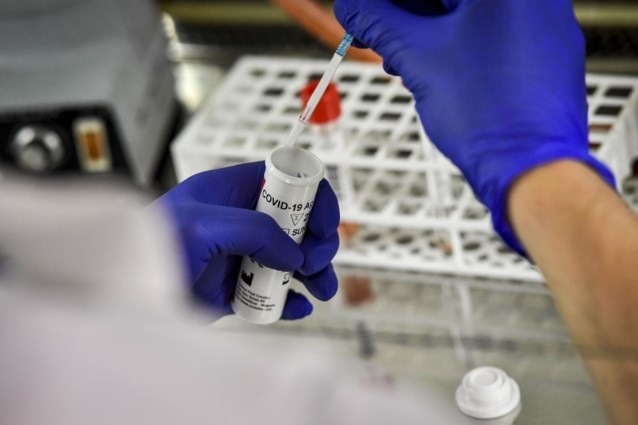About one-fifth of people in Belgium currently have antibodies against the coronavirus, but there are big differences between the different Regions, research shows.
As antibodies are produced in people's blood when they have been infected with Covid-19, they are good indicators of the percentage of the population that has been exposed to the virus, according to health officials.
"The number of people in Belgium with antibodies fluctuates around 20%, but there are clearly large differences according to region, and undoubtedly also according to activity and age," virologist and interfederal Covid-19 spokesperson Steven Van Gucht said.
Related News
- Immunity against Covid-19 could last for over six months due to 'immune memory'
- Hair, Hippos & Holidays: Belgium's consultative committee wishlist
Among blood donors, the national percentage of people with antibodies remained fairly stable around 16% in December, but there were "striking" differences between Belgium's different Regions.
"In Wallonia, there was a striking increase from 24% to 27% in December, and in Brussels, the percentage rose from 18% to 23%," he said. "In Flanders, however, we saw a decrease from 12% to 9%."
"This is undoubtedly due to a difference in virus circulation during that period in the different Regions," Van Gucht said, adding that the number of healthcare workers with antibodies across the country also rose to 19.7% over the same period.
He stressed that 20% is definitely not enough for herd immunity, in which at least 70% of the population has antibodies. "This is something we hope to achieve safely, in the coming months, thanks to the vaccine," Van Gucht said.
Maïthé Chini
The Brussels Times

